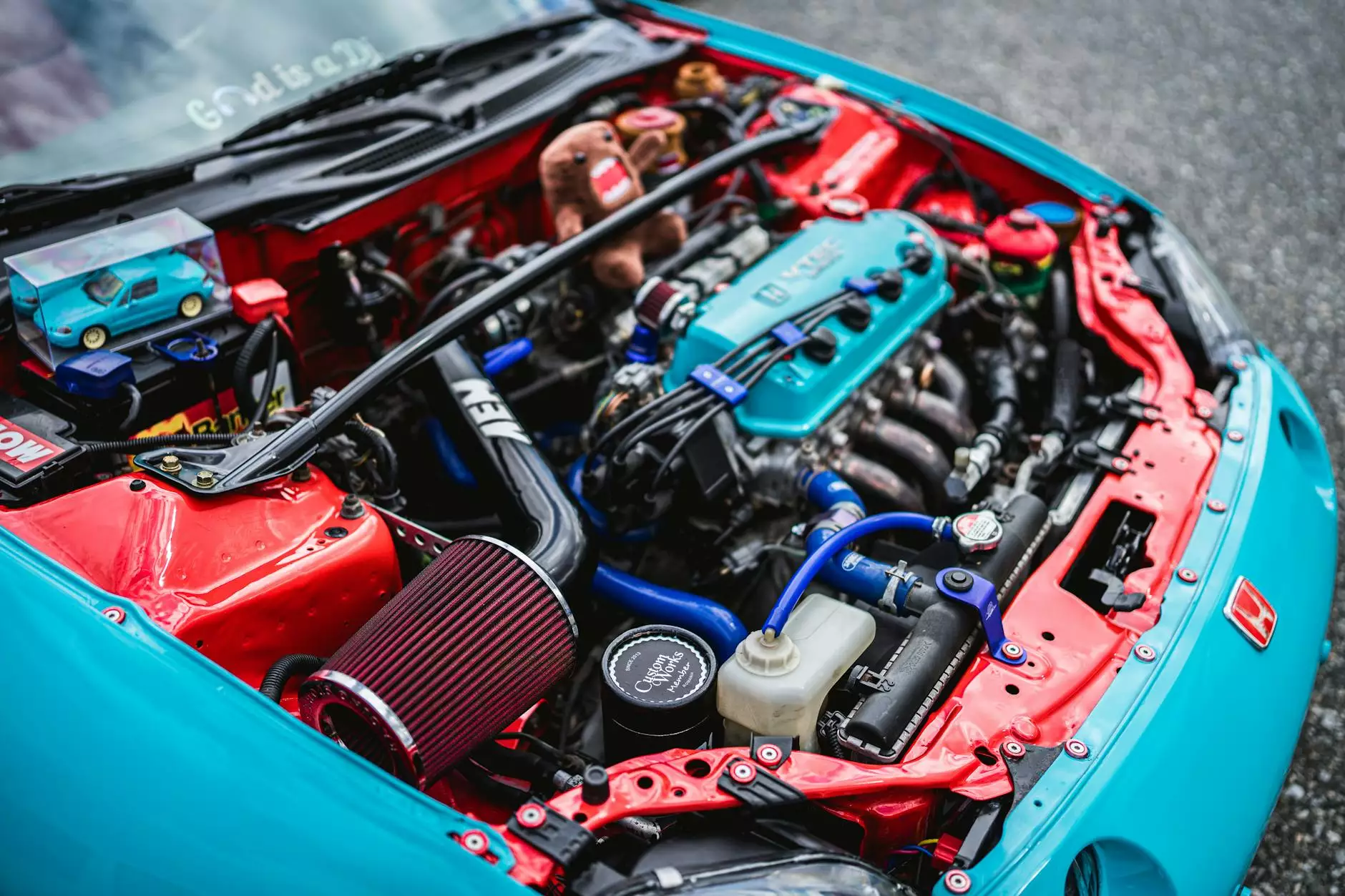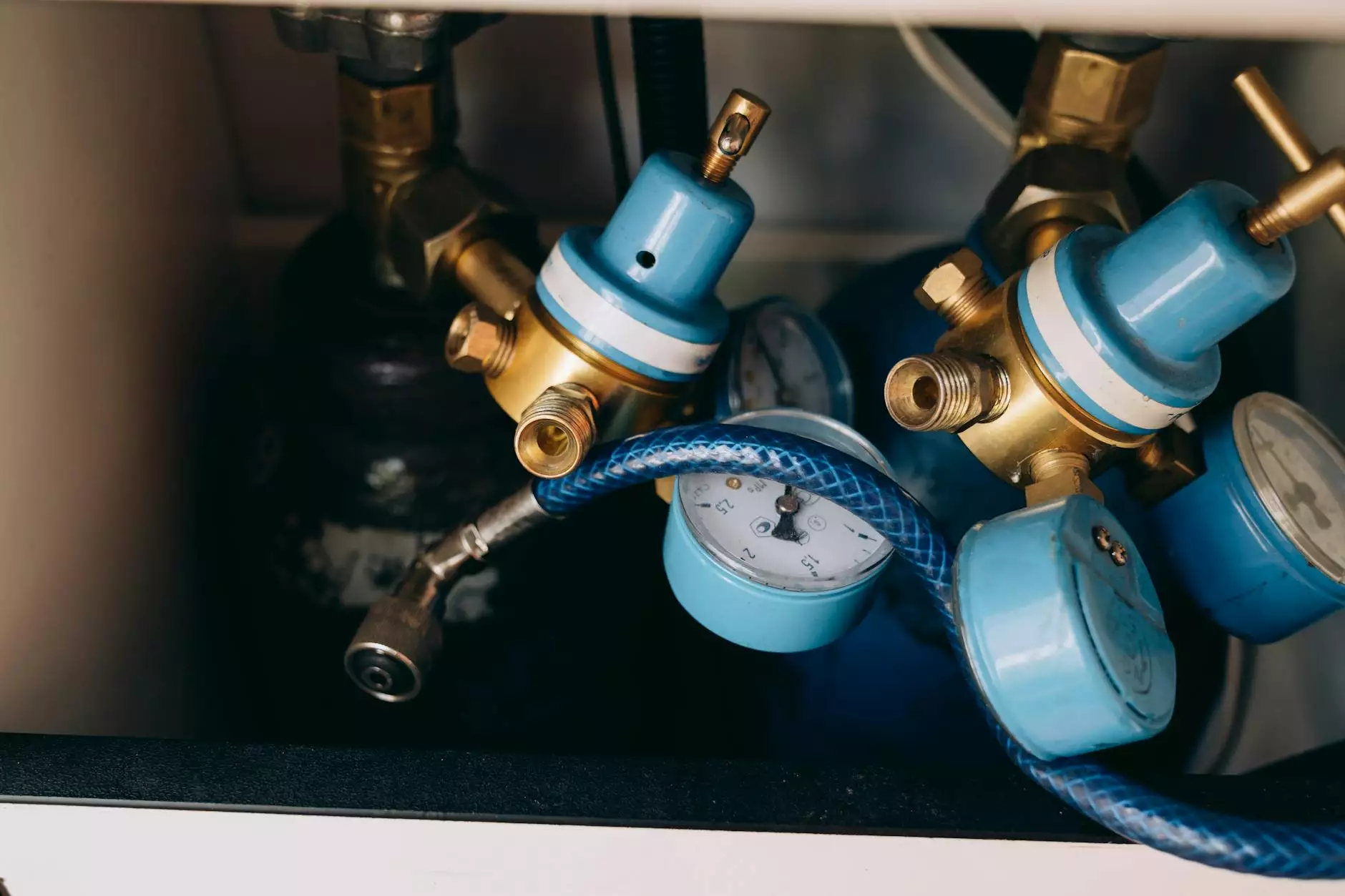Understanding Crankshaft Parts in Diesel Engine Performance

When it comes to diesel engines, crankshaft parts serve a critical role in ensuring optimal performance and efficiency. These mechanical components do not only contribute to the power output of an engine but also influence its longevity and reliability. This article explores the intricacies of crankshaft parts, their functions, types, maintenance, and the importance of sourcing quality parts from reliable suppliers like client-diesel.com.
What are Crankshaft Parts?
The crankshaft is a key component in any internal combustion engine, particularly in robust diesel engines. It converts linear motion from the pistons into rotational motion, ultimately driving the vehicle's wheels. The various parts that make up the crankshaft assembly include:
- Main Journals - These are the main bearing surfaces that support the crankshaft.
- Rod Journals - These connect to the connecting rods, translating the pistons' movements.
- Crank Pins - These are pivotal for the crank mechanism, enabling the rotation of the shaft.
- Counterweights - Essential for balancing the rotating assembly.
- Crankshaft Timing Gear - Helps in synchronizing the engine's operations.
- Oil Passages - These facilitate lubrication for smooth operation.
Importance of Quality Crankshaft Parts
Just like any other component in a diesel engine, the quality of crankshaft parts can significantly affect performance. Here are some compelling reasons why high-quality parts should be a priority:
1. Enhanced Engine Performance
High-quality crankshaft parts ensure that the engine operates smoothly and efficiently. They provide the necessary strength to withstand the powerful forces generated during combustion. This reliability translates to improved fuel efficiency and better power output, both of which are critical for diesel engines.
2. Longevity and Durability
Investing in quality parts can significantly extend the life of your engine. Durable materials and superior craftsmanship reduce the likelihood of mechanical failures, leading to fewer breakdowns and lower maintenance costs in the long run.
3. Reduced Vibration and Noise
Properly functioning crankshaft parts reduce the vibrations and noise levels of the engine, resulting in a more comfortable driving experience. Quality craftsmanship ensures that the crankshaft is perfectly balanced, eliminating unnecessary stress on other engine components.
Types of Crankshaft Parts
Understanding the different types of crankshaft parts is crucial for anyone engaged in diesel engine maintenance or repair. Here’s a deeper dive into each part:
Main Journals
The main journals are essential as they support the crankshaft and allow it to rotate. Depending on the engine design, the size and dimensions of the main journals can vary, but they must always ensure a tight fit with the main bearings to maintain performance.
Rod Journals
Connecting the crankshaft to the connecting rods, rod journals are designed to withstand significant amounts of stress. Proper lubrication is critical here to prevent wear and damage.
Counterweights
Counterweights are added to the crankshaft to balance it and reduce vibrations. They play a vital role, especially in high-speed engines. Their distribution must be precise to achieve a harmonic balance and smooth operation.
Maintenance Tips for Crankshaft Parts
Maintaining crankshaft parts is essential for the longevity of your diesel engine. Here are some actionable maintenance tips:
1. Regular Inspections
Regularly inspect the crankshaft and its components for any signs of wear, damage, or misalignment. Early detection of issues can prevent more significant problems down the road.
2. Use Quality Lubricants
Always use high-quality engine oils and lubricants that meet the manufacturer's specifications. Proper lubrication minimizes friction and wear, ensuring longer life for the crankshaft components.
3. Check for Oil Leaks
Oil leaks can lead to inadequate lubrication, which can cause severe damage to the crankshaft parts. Regularly check for leaks in and around the crankshaft area.
4. Maintain Proper Engine Temperature
Overheating can weaken crankshaft components and lead to failure. Always monitor engine temperatures and take corrective action if overheating occurs.
Choosing the Right Supplier for Crankshaft Parts
When it comes to sourcing crankshaft parts, the right supplier is crucial for ensuring quality. Consider the following factors when selecting a supplier:
1. Reputation
Choose suppliers with a proven track record of providing high-quality parts. Companies like client-diesel.com have built their reputation on delivering reliable diesel engine parts.
2. Quality Assurance
A reputable supplier will have robust quality assurance processes in place. Look for suppliers who adhere to international standards and conduct rigorous testing on their products.
3. Wide Range of Products
Opt for suppliers that offer a comprehensive range of crankshaft parts and other diesel engine components. This ensures that you can source all your needs from a single trusted location.
4. Customer Support
Excellent customer support can make a significant difference, especially when you need assistance with product selection or technical queries. Ensure that the supplier you choose offers prompt and knowledgeable support.
Conclusion
In the world of diesel engines, the importance of crankshaft parts cannot be overstated. From enhancing engine performance to ensuring longevity and durability, these components are vital. By understanding their function, implementing proper maintenance, and sourcing from reputable suppliers like client-diesel.com, you can ensure that your diesel engine operates at its best. The investment in quality crankshaft parts is not just about repairs; it's about enhancing your engine's performance and extending its operational life.
By prioritizing the quality of components and regular maintenance, you can safeguard your diesel engine against potential issues and enjoy a smoother, more efficient driving experience.









